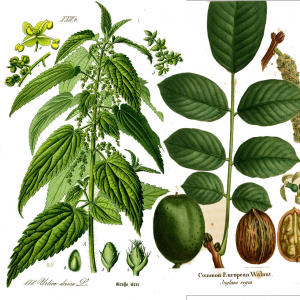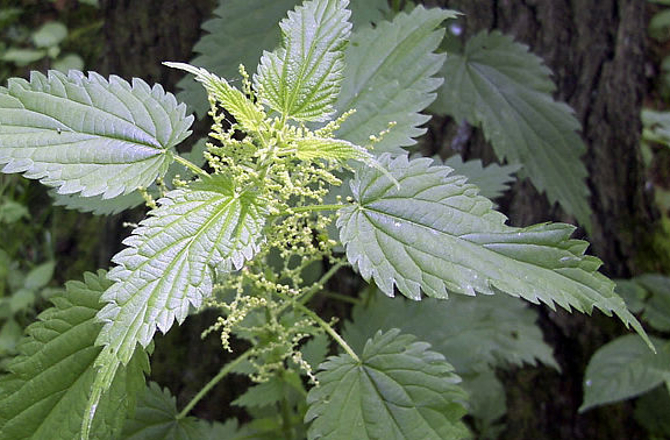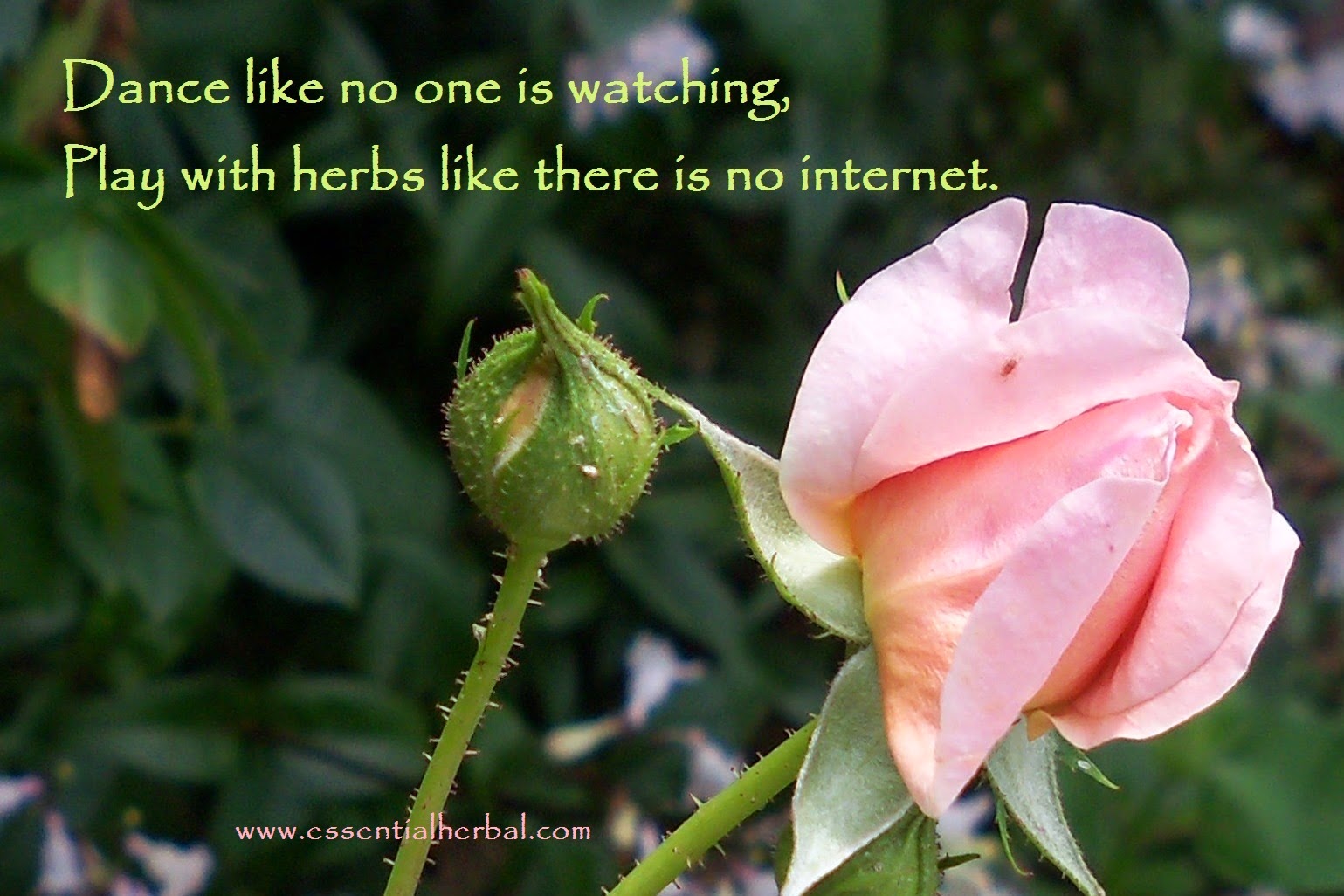
According to a recent study from Iran, stinging nettle leaves (Urtica dioica) and walnut leaves (Juglans regia) may have potential in antidiabetic therapy. Diabetes affects over 100 million people worldwide. This disease condition causes blood glucose (sugar) levels to rise, because people with diabetes either do not make enough insulin or are unable to use insulin properly. Normally, Insulin helps glucose from blood enter muscle, brain and liver cells where it is used to generate energy. When glucose levels build up in blood, these cells become starved for energy. Over time, high blood glucose levels also damage the eyes, kidneys, nerves and heart. Carbohydrates are a major component of our daily diet. They are broken down in the gut into simple compounds called monosaccharides by […] Read More








